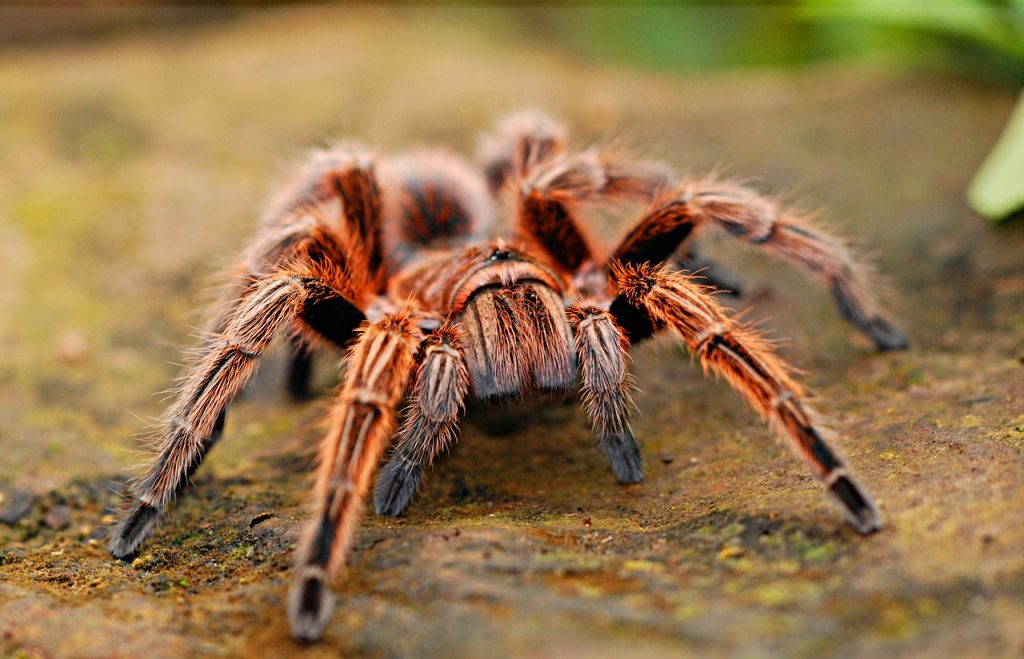People Buying Rare Bugs Is Becoming A Big Problem?
Believe it not, people buying rare bugs online is becoming a major problem, here's why.
This article is more than 2 years old

The exotic animal trading economy is a secretive, lucrative enterprise that exists worldwide. People pay top dollar for the trafficking of exotic animals into their homes and zoos, even in the United States. But mammals are not the only popular living organism being sold on the world wide web. Rare bugs are also a crucial part of this economy, with many paying exorbitant amounts of money for the tiniest creatures. Many online retailers are starting to offer illegal, endangered bugs to have in the comfort of your own home.
A study done at Cornell University unravels the fabric of rare bug trading. The study aims to determine where these bugs are coming from, whether from the wild or grown in sustainable programs. Scientists involved in the study are also attempting to disclose retailers who don’t provide proper documentation about the bugs’ origins and their endangered statuses. John Losey, an entomology professor and one of the study’s authors, stated that retailers like eBay don’t require sellers to include if the bug was collected in a way that doesn’t hinder its wild habitat.
Though the study was to collect data about various retailers and how they market rare bugs, it did reveal some evidence that backed up the scientists‘ inferences on exotic animal trafficking. The study showed that most retailers do not provide adequate details about how the bug was found or grown. These authors want to push online sources to provide factual documentation about these rare bugs being sold, helping diminish harmful poaching practices and allowing buyers to make informed purchasing decisions.
The research for the study was initiated in 2019 during an entomology course at Cornell. Students discussed a recent piece of news discussing the selling of a dead Wallace’s Giant Bee, a specific rare bug that’s endangered. The specimen was found to be sold on eBay without any further information about its rare status. This galvanized the students to search the internet for other endangered bugs, expecting to find different specimens that were being unlawfully marketed.
These Cornell students looked through e-commerce sites like eBay, Etsy, Alibaba, and Amazon to retrieve evidence. When a rare bug was located, the students referred to the IUCN Red List and the US Endangered Species list to determine if the organism was being jeopardized. Most research found that bugs sold online were usually dead, with buyers attempting to purchase them as antiques. The study also concluded that most rare bugs did not include transparent information about the species’ provenance or endangerment status.
The students did find that out of all rare bugs being sold on mainstream e-commerce sites, pet tarantulas were the most prominent. With 40% of insect populations declining, selling rare specimens without disclosing how the creature was caught could lead to further habitat destruction. If the sellers are collecting animals in a hazardous way, having platforms’ terms of service enforce the disclosure of provenance information could curtail harmful trading practices. With so many factors threatening our climate and various ecosystems, it’s probably best to leave live rare bugs alone.





